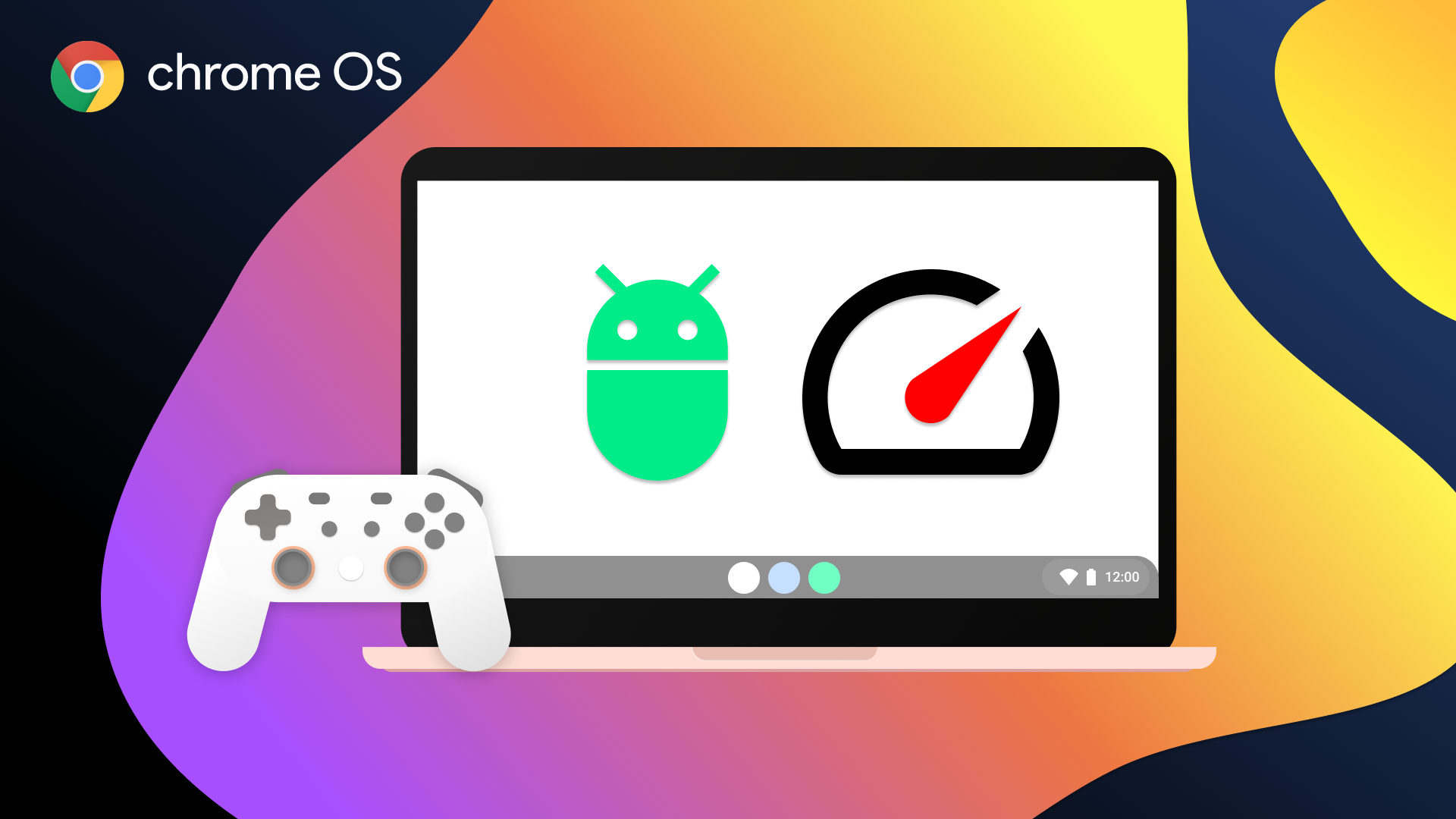Chromebooks are no ordinary machines: they're powered by Google's Chrome browser, offering a speedy, simple, and secure web surfing experience. The experience is also a lot more versatile than its "Chrome OS" moniker implies, leveraging a slew of virtualization technologies so you can enjoy using Android and desktop Linux apps on your Chromebook. The added security benefits from virtualization comes at a penalty of less efficiency — Google's implementation is no exception. Thankfully, Google has been working hard to mitigate the performance hit, and in a future update, Android games will start running even more smoothly.
We recently discovered a commit submitted by Google in the Chromium Gerrit that allows the Android VM to take advantage of the Mesa shader disk cache — a feature limited to the Linux environment on Chrome OS. Up until this change, your Chromebook would have to compile an Android game's shaders on the fly whenever requested, resulting in framerate dips and stuttering that could last anywhere from milliseconds to up to a full minute (depending on the game). The performance impact is even worse on low-memory machines since compiled shaders will continue taking up RAM until after you close the game.
A recent Chromium commit adds the Mesa shader disk cache for ARCVM, a virtual environment that powers Android 11 on Chromebooks.
With a forthcoming update, your Chromebook will store the compiled game shaders on disk for future use, allowing the game to access them much faster than the old on-demand method. The efficient approach delivers significantly less stuttering without affecting texture quality. On shader-heavy games, avoiding the expensive compilation could yield nearly 8x faster loading times. Since Chrome OS stores the shaders locally, games will perform better across other user accounts. The cache isn't persistent, though: your Chromebook will erase the shaders after a restart. It could also grow up to 50 MB on disk depending on the game, which could be problematic with low disk space.
Shader disk cache may not represent a monumental leap forward in gameplay (like Vulkan passthrough support), but it's still a night-and-day benefit that goes a long way to improving game performance on your Chromebook. I'm not totally big with Android games, so it won't affect my experience much, but I can see Android gamers enjoying their Chromebooks even more. It's currently unclear when the support will be ready for everyone, or if the older Chromebooks with Android 9 will have access to it at all — time will tell.

